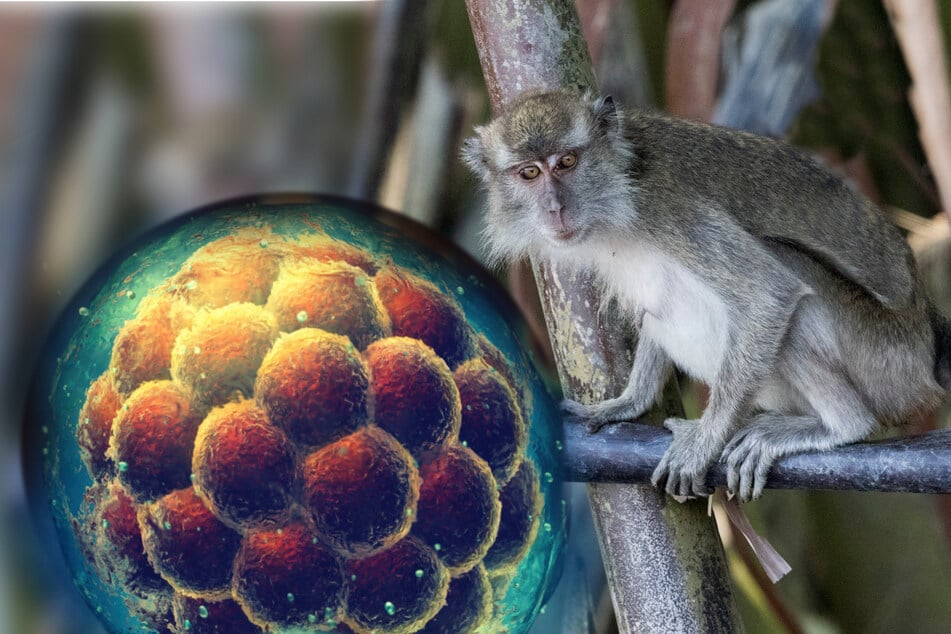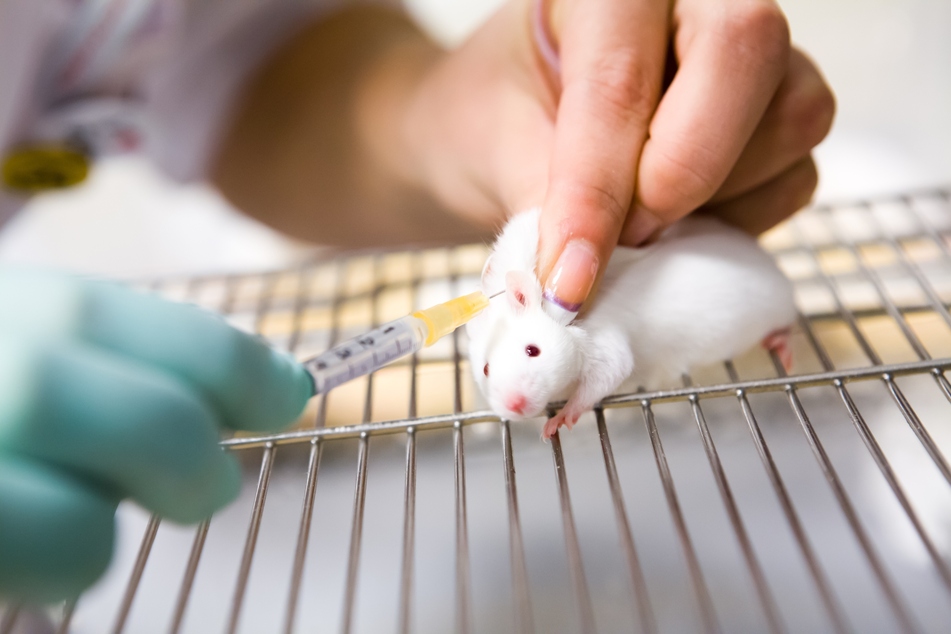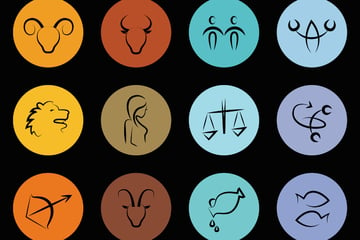Scientists create human-monkey embryo in controversial scientific breakthrough
La Jolla, California – It's a given that humans cannot naturally have babies with non-human species. However, scientists have successfully created the next best thing: mixed embryos that could reveal whether monkeys can grow human organs for transplants.

When a horse and a donkey breed together, the result is a mule – but what would happen if humans and apes had offspring?
Well, science is not quite there yet, but there has been a major breakthrough in the field of stem cell research: the creation of a human-ape embryo that stayed viable for nearly three weeks!
A team of scientists from the Salk Institute for Biological Sciences in La Jolla, California, and the Kunming University of Science and Technology in China carried out the experiment.
What exactly did they create? As the team explained in an article in the journal Cell, they managed to implant human stem cells into the blastocysts of a monkey. This means that the already growing monkey embryo then had the capability to begin to grow human cells.
Similar projects have been attempted in the past, but no embryo remained viable for quite so long.
This time, the embryo survived in the lab for 19 days! The ability to grow needed organs for people on transplant waiting lists is something scientists have worked on for years.
Currently, humans are able to use some animal organs, such as heart valves from cows or pigs. But this latest development could mean that these organs would be 100% human tissue.
Nevertheless, the success has also caused a lot of controversy.
Mixing human and primate genes is considered unethical and is banned in some places

The team's plan was to find out more about diseases by mixing animal and human genes as well as figure out how to create human donor organs.
Similar research with mice has taken place since the 1980s when scientists started implanting quasi-human nerve cells in their brains. This has enabled further research into diseases such as Alzheimer's and Parkinson's.
Mixing human and primate genes raises ethical questions that people do not normally ask about experiments carried out on mice or livestock. It is theoretically possible that a monkey-human hybrid could be created one day, raising the question of whether it would be considered an animal or a human.
Because of such dilemmas, this research is very controversial and has been banned in some countries.
Cover photo: Collage: Imago/agefotostock & Science Photo Library

